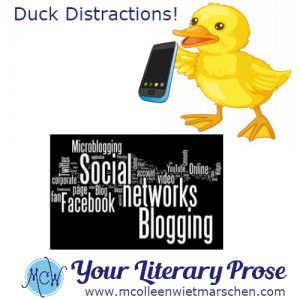In the long run, separating the writing and editing process, setting a timer just to write, and avoiding distractions can end up saving you time and money. We’re all busy and try to multitask everything we do, but sometimes it just doesn’t pay to try to combine doing everything at one time because we end up going back and starting over again. When I write, I find I need my brain’s undivided attention!
Write First; Edit Second.
One common trait many writers and authors wrestle with is disconnecting the writing and editing process. I struggled with this for years; if I knew something was not correct while writing or typing, I immediately went back and corrected it so I wouldn’t forget to change it later, but realized at some point that I was losing time, and let’s face it, time is money. After years of doing this, I finally started writing the article or blog, etc. and then editing. “Letting go” of this was excruciating for me, to say the least! My advice: Put all your thoughts down on paper or type them on the computer and then revise the grammar, duplication of word usage, incorrect spelling, etc.
Wait to Write Your Introduction.
Introductions are hard to write so if you struggle with your introduction just start writing your first key point from your outline and then after you write your chapter, article, blog, etc. go back and compose your introduction.
Set a Timer.
I’ve mentioned this before in different “writings” but it’s a great habit to start no matter what type of business you are working with; i.e., coaches, speakers, lawyers, Fortune 500, etc. When you determine the length of time you want to write, set a timer and write. You decide the amount of time – 30 minutes, 45 minutes, 60 minutes – it’s up to you, but during this time, until the buzzer sounds – write. Focus on writing; no checking email, making phone calls, checking Twitter or Facebook, cleaning off your desk, etc. Write.
Keep Moving.
What? I mean keep writing even if you want to edit as you are writing. This is one habit I have really worked on; however, it’s a struggle, but I have found that if I keep writing and edit later, I do save time. I have a system for notes or information I don’t want to forget about; I highlight the area and mark it with bold letters. You could try this or write a note to yourself or use {brackets} to record your notes and come back later and edit the material.
DD – Duck Distractions!
It’s difficult enough to write when you aren’t interrupted, but constant interference can play havoc with your writing progress. Some helpful hints to DD:
- Tell people you are writing and need to concentrate; give them the hours you are not available.
- Turn off Skype, Twitter updates, your cell phone, office phone ringer, etc.
- Find a quiet place – a place you can close the door, or perhaps a go to a quiet park or the beach.
- Put on a pair of headphones – people will think you are listening to something (even if you aren’t) and less likely to disturb you.
I post tips and suggestions on Facebook and received the following comments from two people:
Introductions: Michelle Campbell from Forte Virtual Support Solutions:
“This is a great tip, Colleen. I always do this. I rarely start from the beginning and finish at the end. I jump around from section to section and point to point, especially when I get inspired to discuss a particular point. It’s much more difficult to write if you force yourself to stick to an outline you create.”
DD – Duck Distractions: Patti Cooper from Big Sky Social Media Management:
“I find it very difficult to concentrate when working from home, there’s always someone around. I usually just go in the bedroom and close the door. But the headphone idea is a great one. I’ll be trying that now, thanks for sharing!”
What steps do you take to Duck Distractions?
My tip for you – keep moving along when you write, and edit when you have finished your article, blog, chapter, etc. See what happens. You might find you are more productive and the system works better than editing as you write. What are some of your tips and tricks? I’d love to hear from you!
Until next time,
Colleen


Leave a Reply